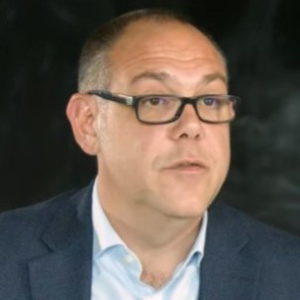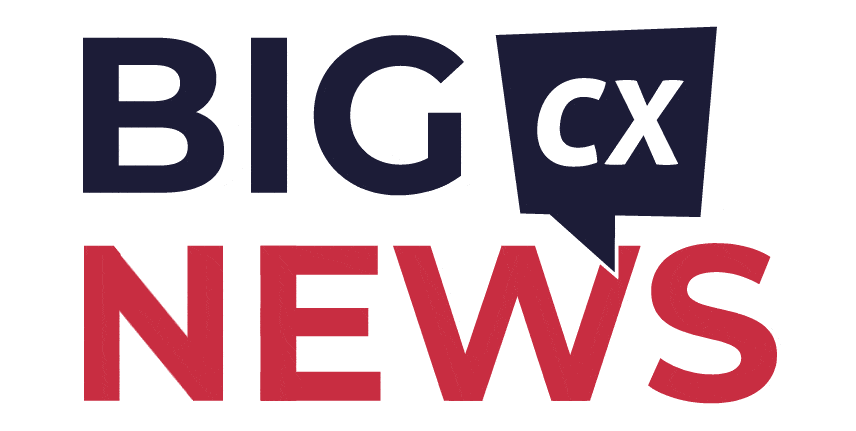For financial services organisations, compliance is becoming increasingly complex, and important, by the day. Heightened and stringent global regulations, complexities arising from COVID-19 such as employees working from home, new communication modalities and platforms, increasing surveillance volumes, constrained compliance resources and high costs, are all placing firms under greater pressure.
Regulations and guidance issued by regulators, such as MiFID II, MAR, FX Code of Conduct, Dodd-Frank, Regulation Best Interest, and the FCA’s recent Market Watch 66, set clear expectations for firms to record trade-related communications across all types of modalities and platforms – PBXs, turrets, mobile phones, video, chat, email, and unified communications. But just recording these communications is not enough. Some regulations require firms to retain these communications for several years and to provide full trade reconstructions to regulators upon demand – in some cases within 72 hours.
At the same time, the pandemic and resulting work from home requirements has driven unprecedented adoption of new communication platforms.
“Financial services organisations are embracing unified communications platforms like Microsoft Teams in record numbers, not just for voice, but also for video, chat, and screensharing,” said Matt Caine, Sales Director, EMEA at NICE. “But even with so much changing, regulators still expect full compliance with regulations around record-keeping and surveillance”
Indeed, according to Greenwich Associates, compliance weaknesses exposed by COVID-19 are driving increased spending on surveillance technology, which is expected to exceed $1.5 billion in 2021. To ensure complete compliance with regulations and extend the benefits of new UC tools like Teams or video–based communication, firms are looking to new omni-channel recording solutions to fill the gap.
“Omni-channel recording can help organisations overcome these challenges by recording regulated employee communications across all types of platform, regardless of where employees are located or what communication device they’re using,” said Caine. “Some omni-channel solutions, like those provided by NICE, also offer capabilities to help firms automate compliance assurance, increase employee efficiency, and ensure complete compliance.”

Omni-channel recording solutions enable unified communications to be compliantly extended across the enterprise so everyone can benefit from streamlined collaboration and meeting experiences. At the same time, customers can communicate with firms using their preferred channels and methods of communication, elevating experiences across the board.
“With NICE, users can also stream voice data in real-time to various real-time applications, such as authentication, fraud, speech analytics, PCI Assurance, recording assurance. We lower the total cost of ownership and improve efficiency with cloud deployment capabilities, compliance assurance and automation,” said Caine.
“Beyond that, NICE was first to receive the Microsoft certification for Compliance Recording, which showcases our commitment to provide the quality, compatibility and reliability our customers have come to expect from NICE, as well as Microsoft products like Teams.”







